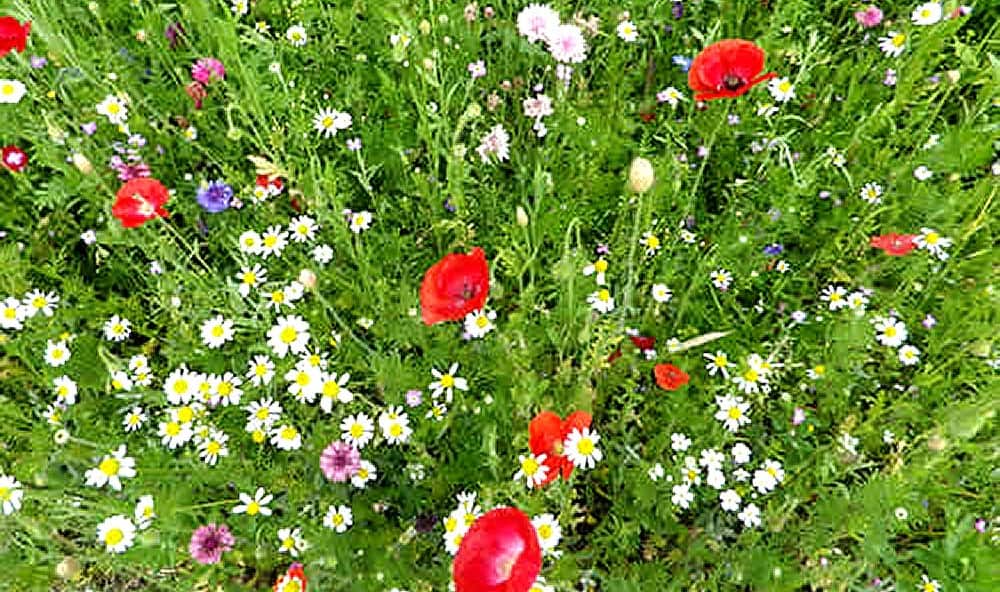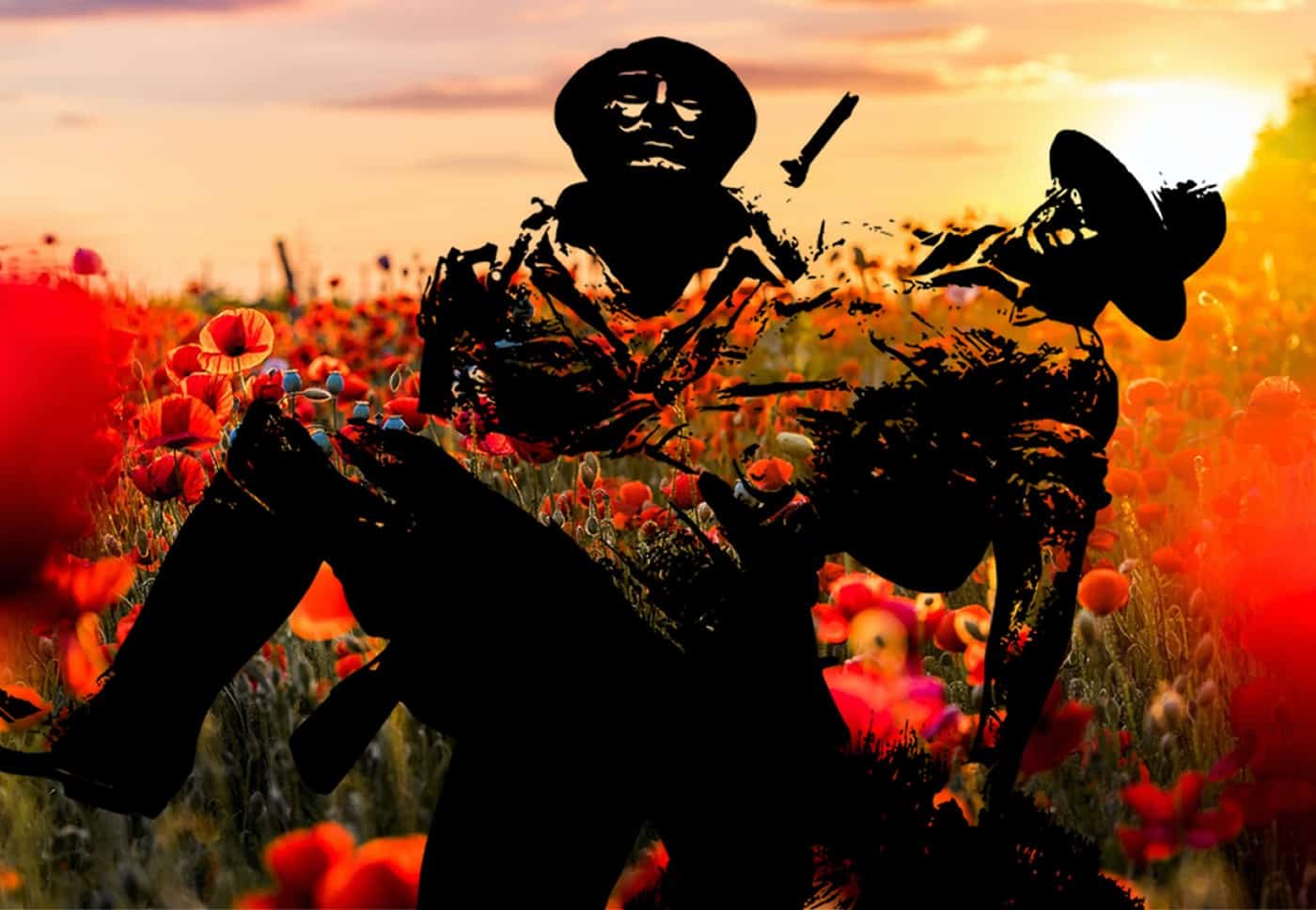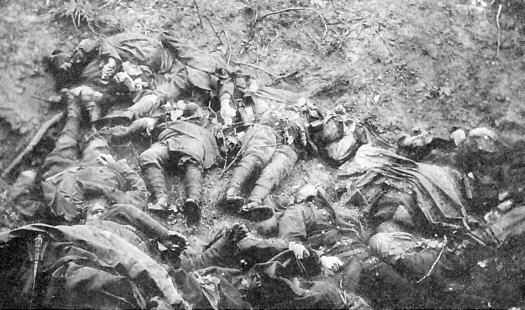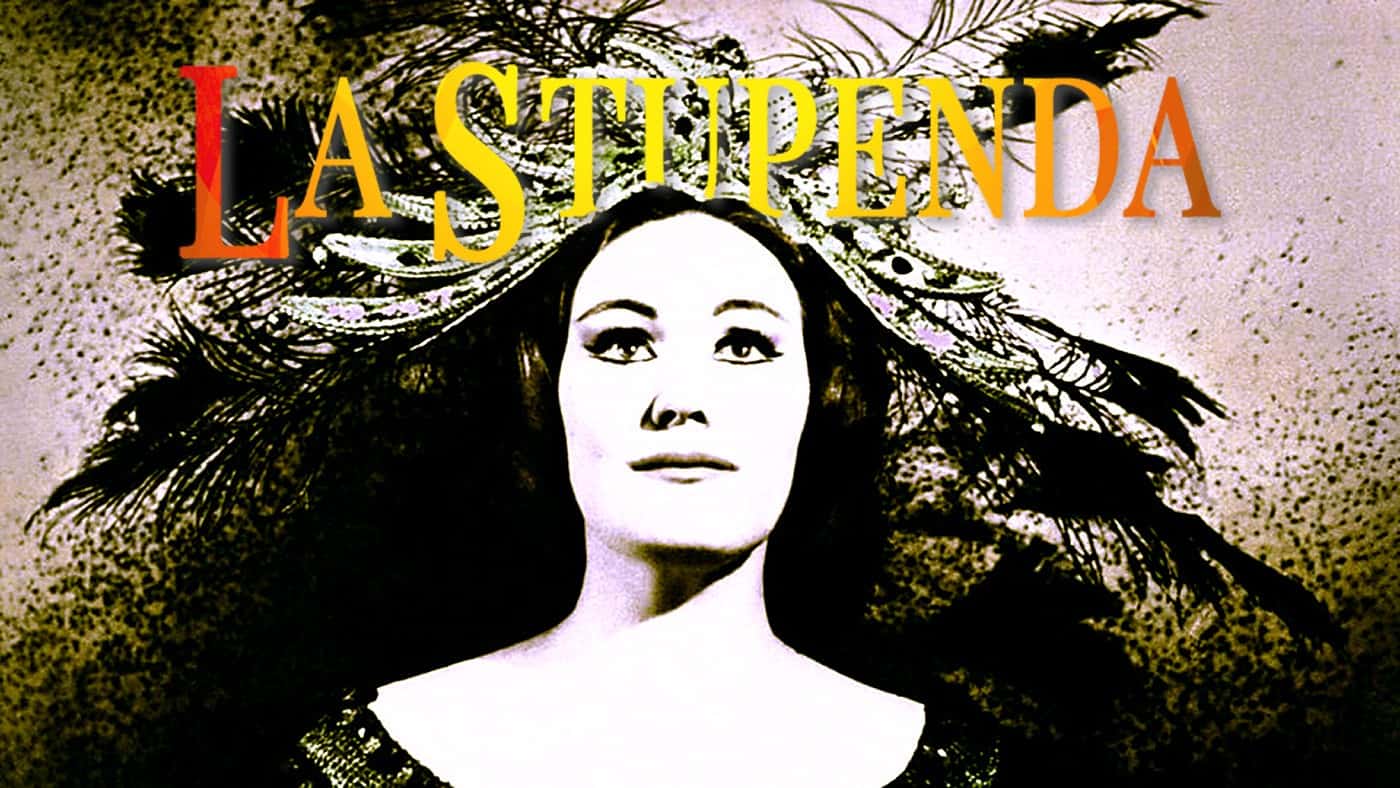Mount Migently Manifesto
Mount Migently Manifesto
Australian Values
Australian values have lately been enthusiastically asserted by some Australians and Sir Roger has been much impressed – in much the same way a washed-up prize fighter feels the repeated impressions of his opponents’ fists in his guts.
These assertions of “Australian values” tend to be energetically debated:
in Melbourne with French and Indian visitors to Australia on trains, buses and trams,
in university college meetings in Sydney,
in the halls, offices and party rooms of Parliament House in Canberra
and particularly on commercial radio breakfast programs everywhere.
Sir Roger was reeling from the onslaught and disheartened by the proponents’ ignorance, illogic, idiocy and illiteracy; by their fear, spite, narrow-minded prejudice, stupidity and frankly pre-agricultural social views.
Someone had omitted to convey to them that for their brain to operate as advertised it is necessary to update the database regularly and to calibrate it with reality.
Someone had omitted to explain to them that the texts on which their ethics are based and with which they (selectively) justify much of their self-righteous bombast are not actually sacred but were all simple rulebooks written thousands of years ago to enable the social control of brutal sand tribes, to suit their primitive times and conditions, calm their existential terrors, alleviate their ontological horrors, excuse their ignorance and justify their brutality.
Someone had failed to explain to them that the foundation myths, the stories of Australia on which they hang their narrative of Australian culture, are just that. Myths. It never happened, Bruce.
It’s just like when your girlfriend lied to you – you weren’t the first.
Dismayed by the galloping erosion of the humane, generous, fair and tolerant values of his Australia Sir Roger therefore repaired to the mountain top seeking counsel and wisdom from the winds, the silence and the intelligences of the cosmos.
Sir Roger was generously granted that counsel and has returned from the mountain top bearing enlightenment.
Over the next few days and weeks he will share with his world these insights into the best of human and Australian values.















